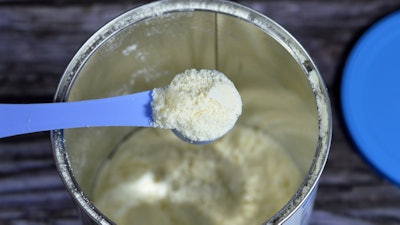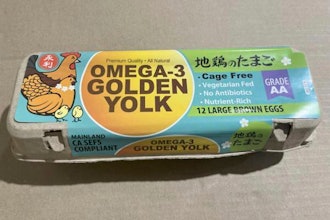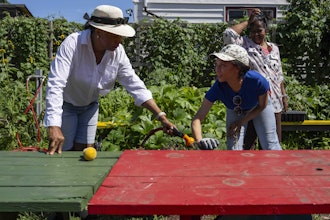
ITHACA, N.Y. — Cornell researchers recommend modifications to the instructions for preparing bottles of powdered infant formula to ensure safety against rare foodborne bacteria.
The findings, published in the Journal of Food Protection, reveal how the current instructions for reconstituting powdered formula are ambiguous and can fail to protect against the bacteria.
Cronobacter infections are of concern for high-risk infants, defined as babies under 2 months of age, preemies, and those who are immunocompromised. When powdered formula is contaminated with the bacteria, it can cause septicemia, meningitis, and death. Cronobacter cases are rare, with an estimated 18 cases occurring annually in the U.S.
Previous studies have shown that water heated to 158 degrees Fahrenheit (70 Celsius) can kill the bacteria. The problem occurs when the instructions on package labels for formula preparation do not advise parents to measure the temperature or specify when to check it.
“Some of the guidance just says boil and wait five minutes, which is not a temperature at all,” said Abigail Snyder, associate professor of microbial food safety and corresponding author on the paper.
The study finds that first pouring boiled water into a bottle, then using a thermometer to monitor the temperature until it cools to 165°F helps ensure the water is at the right temperature. At that point, adding the powdered formula, shaking to mix, and waiting one minute allows the heat to kill any Cronobacter bacteria. After that, the bottle can be actively cooled (such as, by placing it under running water) to get it to body temperature before feeding.
The paper acknowledges the challenges of caring for a newborn and the added burden of precise formula preparation. Research reveals that the risk of Cronobacter infections drop after an infant reaches 8 weeks of age. So, the window of time in which caregivers must complete these extra steps is a relatively small period in a baby’s life.
The research was supported in part by the U.S. Department of Agriculture.






















